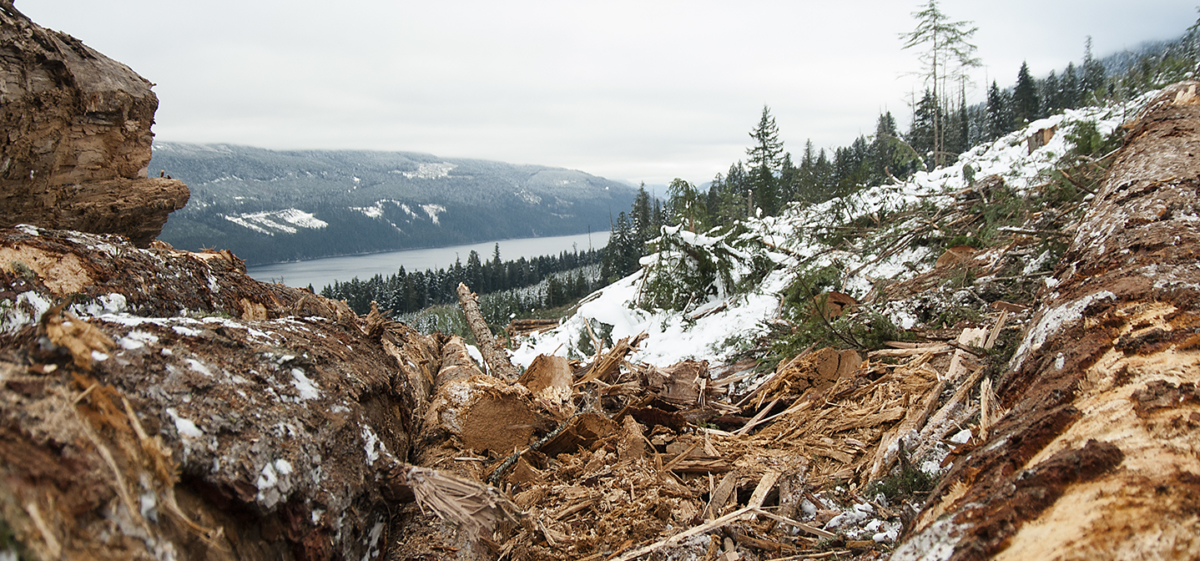SUBSTITUTING WOLF CULLS FOR HABITAT PROTECTION IS KILLING MOUNTAIN CARIBOU
In 2018 Environment and Climate Change Canada (ECCC) declared that BC’s endangered mountain caribou face imminent threat to their recovery under the Species at Risk Act. The Imminent Threat Assessment acknowledged that not enough habitat had been protected to sustain BC’s mountain caribou populations, and that BC’s ongoing wolf cull in the absence of further habitat protection would not protect caribou.
The ECCC assessment meant that the federal government could issue and Order for BC to protect more habitat, but since the report was released in 2018 BC’s southern mountain caribou herds have not received any additional habitat protection. The habitat protected during the 2007 Recovery Plan left a quarter to more than a third of the remaining core habitat unprotected for some herds and included heavily fragmented areas, steep slopes, burns and high alpine areas of almost no value to caribou. Some herds received almost no habitat protection, and all herds have continued to suffer massive habitat loss at the hands of government and industry, leading to continued herd extirpation.
Just three weeks before public meetings input meetings were to be held across BC, a team of ten biologists, including government advisors, released a paper claiming that previous wolf culls had improved caribou populations, and that changes in forest cover had had no effect (Serrouya et al., 2019). Media exploded with claims that saving caribou simply meant killing a lot of wolves. This led to inflammatory misinformation campaigns that dominated some of the public meetings, and was likely instrumental in Forests Minister Doug Donaldson then claiming that the southern mountain caribou herds would receive no further habitat protection.
During the slaughter of 463 wolves, and the ongoing destruction of caribou habitat, a team of six scientists (Harding et al., 2020) have spent over a year re-analyzing the data claiming that wolf killing should take precedence over habitat protection. Their review of the study found that it had serious flaws. The data showed no statistical basis for wolf culls and maternal pens in the conservation of mountain caribou, and no basis for claiming that habitat protection would be ineffective.
Read the July 16th press release here.
Read the full backgrounder here.
The photo above shows 2019 logging at Trout Lake, in habitat of the Central Selkirk herd of the Deep-Snow Mountain Caribou.

